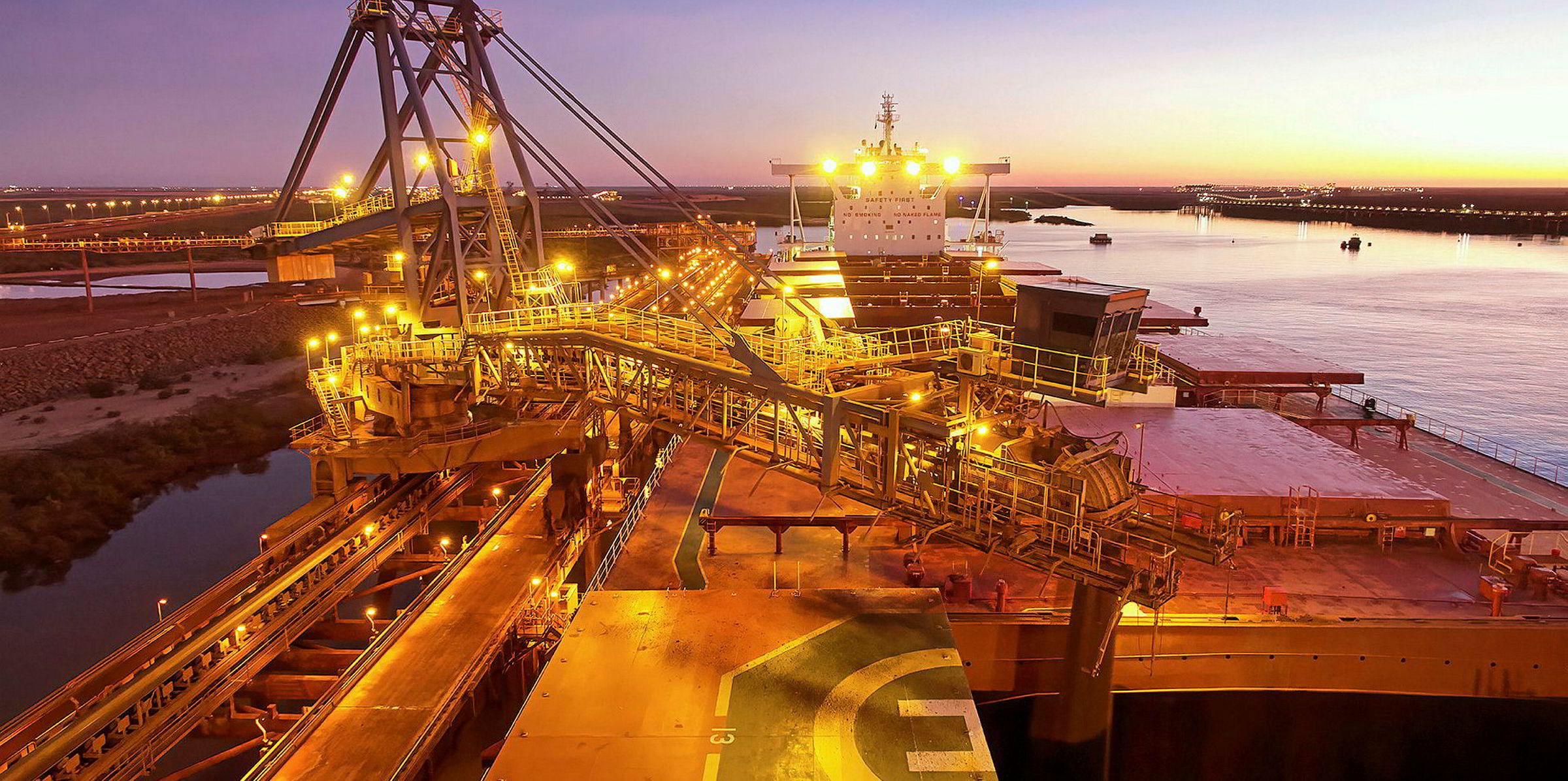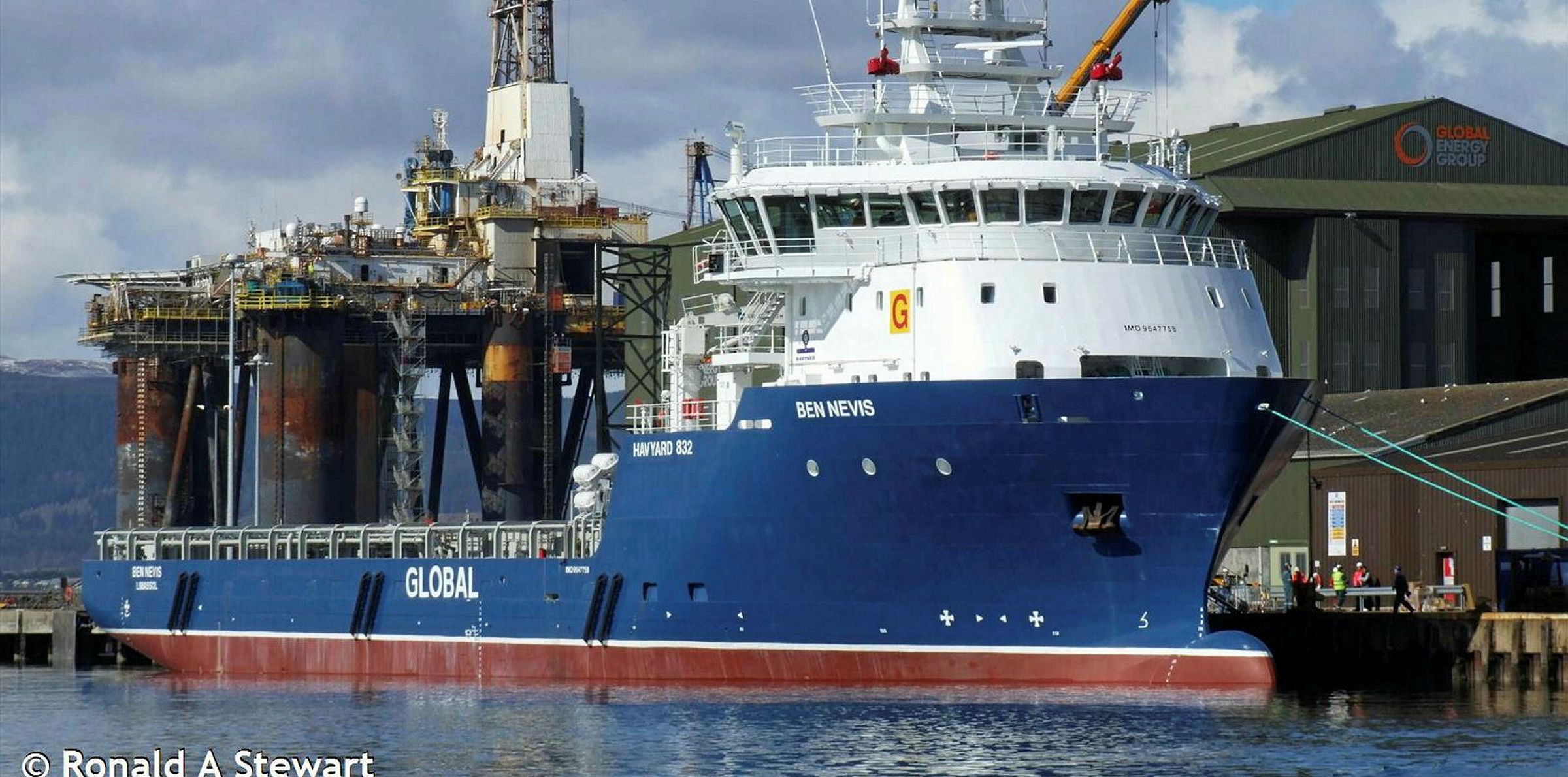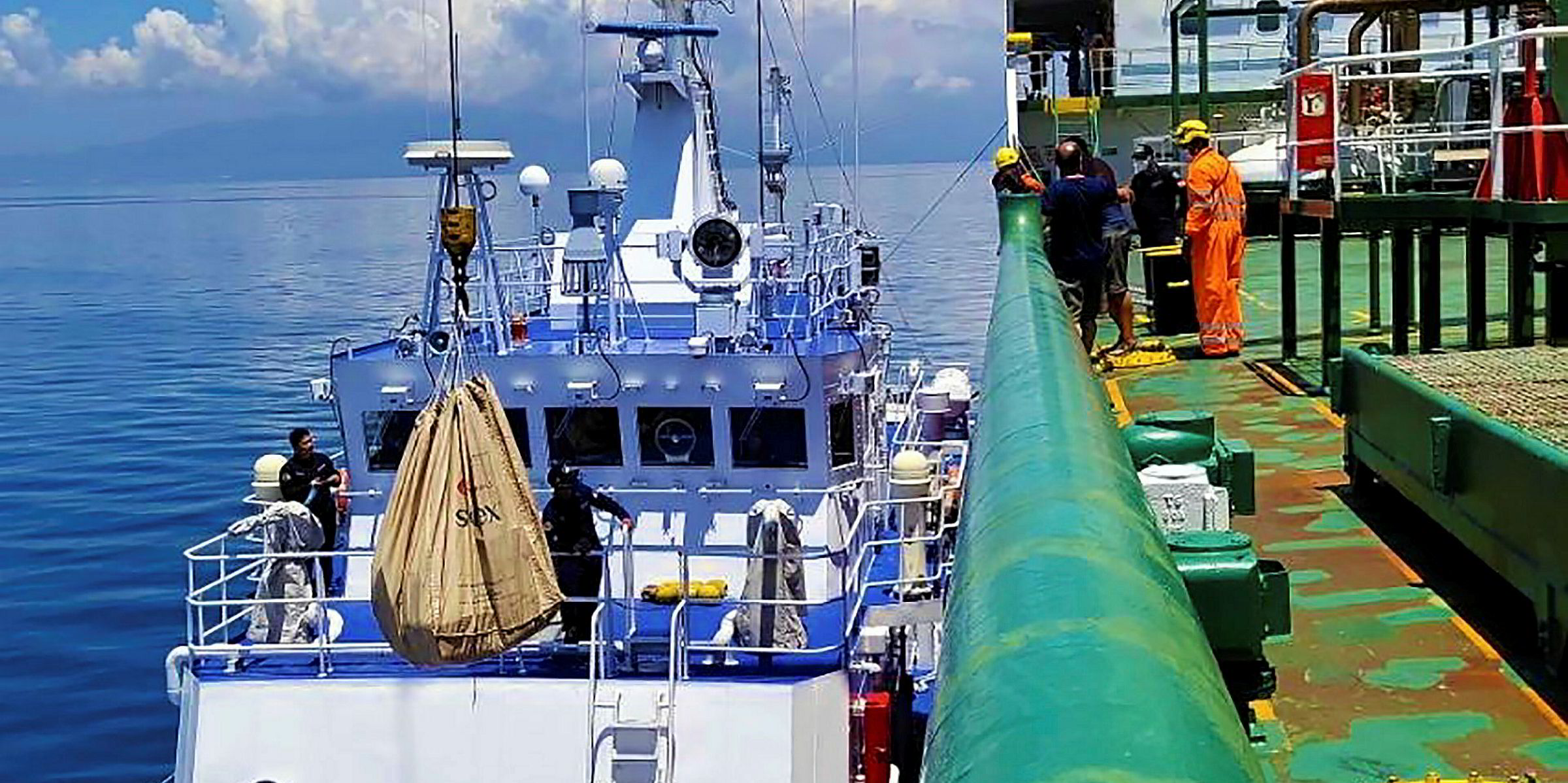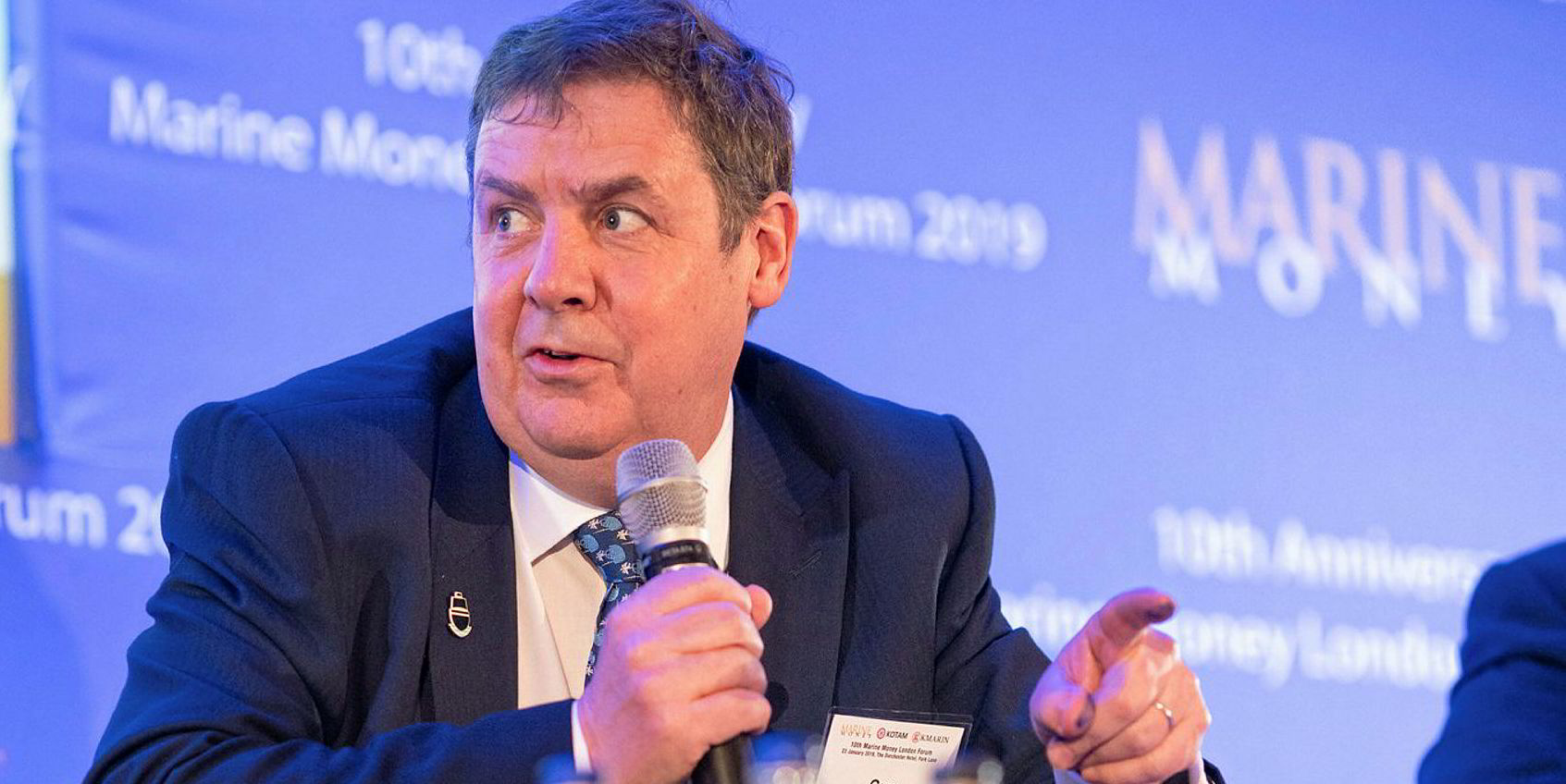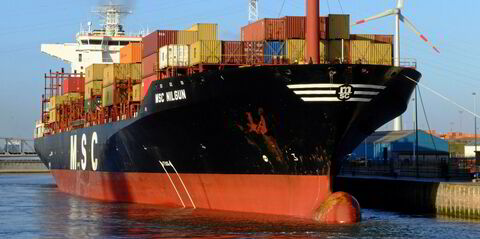NYK Line incurred the wrath of Australian Maritime Safety Authority after it found that some seafarers had been working on board one of the Japanese shipping giant's car carriers for up to 15 months.
The International Transport Workers’ Federation (ITF), which worked on the case together with the government agency, said NYK had no excuse for keeping crew on board the ship for so long.
ITF Australia coordinator Dean Summers described the saga involving the 6,153-ceu Metis Leader (built 2013) as a “wake-up call” for the international shipping industry as the crew change crisis continued into its eighth month.
An NYK spokesman said that it will contact the ship's owner, Shoei Kisen Kaisha of Japan, to take proper action for crew members who have been on board the vessel for too long.
"As charterer, we have a keen interest in the behaviour of owners/managers who are responsible for the day to day management and crewing of their vessel and carry our cargo," he said.
The ITF claimed that the Tokyo-listed company’s agents, Japanese manning companies World Marine Co and WSS Shipping Agencies, had “attempted to stop union inspectors from coming aboard to inspect the welfare of the crew and assist in rescuing the crew from the situation” after the vessel had arrived in Melbourne.
“The company tried to block us from coming aboard the ship and putting an end to them keeping these seafarers against their will,” said ITF assistant coordinator for Australia, Matt Purcell.
He claimed that the shipowner’s agents tried to use Covid-19 as an excuse to stop him coming aboard the Panamanian-registered ship, but he managed to do so because ITF contracts covering the ship gave him the right to board the ship and assess the crew’s situation in person.
Purcell discovered that five seafarers were on the verge of having spent 12 months working aboard and two had been aboard for 14 months. Three, including the master, had been aboard for more than 15 months.
Purcell claimed the crew had been told previously that they would be repatriated to their home countries after their many months on board, yet the Metis Leader had passed through several countries that allowed the changeover of seafarers with no action being taken.
They had passed through Singapore, for example, “five or six times”, he said.
“We believe the intention of the Japanese owners of the ship, NYK, was to slip through Melbourne undetected and sail to Jakarta with yet another promise to the crew that they would be returned home to their families at the next port,” Purcell said.
“Keeping seafarers working aboard a ship for this long is both in violation of their rights and a recipe for human and environmental disaster.
“All workers have a right to stop working upon completion of the contracts they initially signed up for. To deny any seafarer the ability to get off a ship and go home to their families, means that they are forced to keep working. What has happened here could give rise to a situation of forced labour.”
Strong warning
Until 14 September, Panama allowed a shipowner to request contract extensions on Panamanian-flagged by three months on top of the 11 months provided by the Maritime Labour Convention (MLC).
After that date, Panamanian authorities have only been considering and granting extensions to exceptional cases. Without an extension, a Panamanian-flagged ship must not have crew on board in excess of the 11 months allowed under the MLC.
Following the detention of the vessel by Australian Maritime Safety Authority at the ITF’s urging, five crew members were repatriated from Melbourne to the Philippines, including the master and a number of engineers.
A replacement Australian captain and engineer had to be engaged to allow the Metis Leader to continue with its voyage.
Summers said the lesson he was sending was very clear: “If you have over-contract seafarers — if you have crew who have done their time and are no longer willing or safe to operate your vessel — the ITF, our affiliates, and the Australian authorities will arrest and detain your ship until you right these wrongs, no matter the cost to you or your cargo owner.
“Crew change is possible in ports right across the world. We have been living with Covid-19 for eight months now, and so there is no excuse for delaying or deferring crew change. Repatriating crew and replacing them with a fresh team is the responsibility of employers and shipowners — and we will act to see that responsibility honoured for every single seafarer.”
The International Chamber of Shipping estimates there are now over 400,000 seafarers trapped working aboard vessels worldwide.

